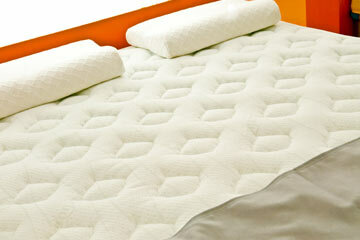Staph bacteria are a common source of infections but according to the centers for disease control and prevention the main concern about mrsa is that its among a group of multidrug resistant organisms which means the most common types of antibiotics prove.
Can mrsa live on bedding.
Mrsa can live on surfaces and objects for months.
Person to person transmission within households serves as a major reservoir for methicillin resistant staphylococcus aureus mrsa often leading to significant infections and hospital visits according to a two year study of community associated mrsa infections in chicago and los angeles.
It can spread to people who touch a contaminated surface and mrsa can cause infections if it gets into a cut scrape or open wound.
Mrsa bacteria can live for weeks on counter tops door knobs toys furniture sports equipment tv remotes and the list goes on.
Go to the section on caring for yourself on page 10 to learn more about cleaning.
Keep laundry clean to prevent mrsa from spreading.
Mrsa can spread on laundry like sheets towels and clothing.
Cleaning and disinfection methicillin resistant staphylococcus aureus mrsa can survive on some surfaces like towels razors furniture and athletic equipment for hours days or even weeks.
Mrsa laundry contamination provides an easy route for the bacteria to spread from person to person or to re contaminate a person who was recently infected.
Methicillin resistant staphylococcus aureus more commonly known as mrsa is a type of bacteria that can cause a serious infection.
The mrsa bacteria can live harmlessly on the skin but it can also cause a range of skin related or cutaneous infections that lead to skin lesions and other symptoms.
However it can be killed though proper cleaning methods.
Mrsa is a bacterial infection that can spread easily through skin contact bedding and towels most often in a hospital environment.
Mrsa can live on non host surfaces for days weeks months depending on the environmental circumstances.
How long mrsa can live depends largely upon the temperature and humidity levels as these bacteria like warmer more humid environments.
These circumstances can include what other interactions the mrsa may be in contact with such.



















